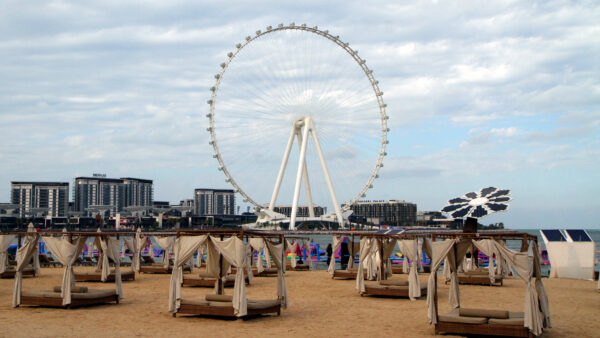Collapsed UK giant Carillion racked up a pension deficit of close to £2bn while paying out millions in dividends to shareholders, and the government’s own regulator should have smelled a rat, angry MPs said today.
The company had been falling short of the pension trustees’ expectations since 2008, and had cited cash flow problems as reasons for not making higher contributions in 2011 and 2013 despite paying more than £70m in dividends in both of those years and awarding top executives generous pay and bonus packages.
MPs on the House of Commons’ Work and Pensions select committee drew these conclusions from a letter submitted Friday (26 January) by Robin Ellison, chair of trustees of Carillion’s Defined Benefit Pension Scheme.
The purported cash flow problems did of course not prevent Carillion shelling out dividends and handsome pay packets for those at the top– Frank Field MP
The committee of MPs has launched an inquiry into Carillion’s collapse and this initial submission has drawn an angry response.
“It’s clear Carillion has been trying to wriggle out of its obligations to its pensioners for the past 10 years,” said Frank Field MP, the chair of the committee.
“The purported cash flow problems did of course not prevent it shelling out dividends and handsome pay packets for those at the top,” Field said. “This culminated in negotiating deficit contributions away entirely last autumn to enable more borrowing.”
Field questioned the role of The Pensions Regulator (TPR), a government body.
“Remarkably, this was endorsed by the trustees and the Pensions Regulator. Once again, TPR has questions to answer. They have been sniffing around Carillion – at the trustees’ behest – since at least 2008, though it is not apparent to what effect.
“When ten years later the company collapses with £29 million in the bank and £2 billion in pension liabilities it doesn’t look good for them.”
In his letter, Robin Ellison said the company repeatedly told its pension trustees that it was unable to increase its pension contributions owing to “cash flow constraints”.
Carillion was responsible for a number of pension schemes, its own and those belonging to contractors that it had taken over, such as Mowlem and Alfred McAlpine. In autumn 2017, it made no pension contributions at all, despite the schemes’ being in deficit. This was allowed by its trustees and the Pension Regulator (tPR).
The total deficit is thought to be close to £2bn ($2.8bn) on a buy-out basis. It had been about £80m in deficit in 2008 and about £320m in deficit in 2016.
Meanwhile, Questions are also being asked as to the role of Carillion’s auditor, accountancy firm KPMG.
Image: Carillion was responsible for a number of pension schemes, its own and those belonging to contractors that it had taken over (Carillion)
Further reading:






